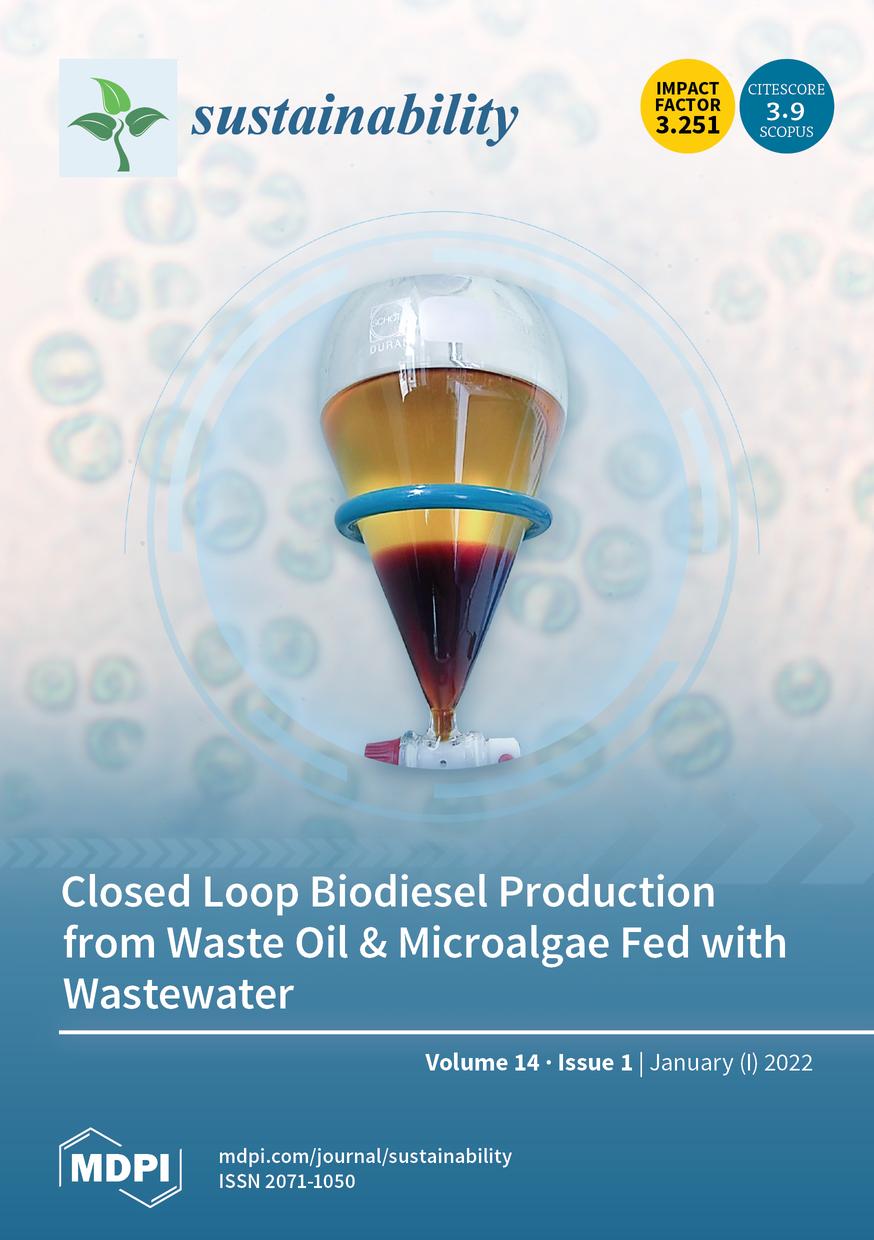A series of climate hubs, including one in Pennsylvania, has been launched by the U.S. Department of Agriculture to bolster climate research and share the resulting solutions with the agriculture community.
The USDA has seeded each of 6 climate hubs with $1.5 million.
The Northern Forests and Southeast Climate hubs will work with Penn State, and 13 other eastern land-grant universities, to create an education program to help private forests adapt and mitigate climate change, prepare minority owners to take advantage of carbon market opportunities, and prepare the forestry extension workforce to better serve their clients in forest carbon and climate issues.
Forests are the lowest-cost climate-change solution available, according to Melissa Kreye, assistant professor of forest resource management and leader of the research team at Penn State. Across the country, forests comprise more than 90 percent of the land sector’s carbon sequestration potential and offset up to 20 percent of total U.S. fossil fuel emissions.
But forests also are vulnerable to the impacts of climate change due to increased risks from weather, pests, fire and other climate-driven disturbances.
“Those factors could reduce forests’ effectiveness in climate-change mitigation,” Kreye said. “Despite very promising developments in policy, in the carbon market and in technology, forest landowner interest and participation in carbon-offset projects remains a major, unresolved bottleneck requiring much-needed change.”
The Penn State-led program will address that critical bottleneck using an integrated, stakeholder-driven approach to developing and expanding extension activities that lead to increased adoption of practical solutions and durable change.

The future of forests and climate strongly depends on engaging forest owners in science-based climate-change solutions.
“The scale and scope of this problem aligns very well with the Cooperative Extension System’s capacity, and the rapidly evolving nature of the topic is driving the need for new knowledge and program creation,” she said.
The overarching goal of this project is to dramatically increase the involvement of private forest owners in climate-change solutions and advance a more inclusive carbon economy, according to Kreye, who called the objective “aggressive but achievable.”
She explained that her team aims to achieve it by developing informative and widely accessible materials and programs that help forest owners make informed decisions about rapidly evolving carbon incentive programs and markets and managing forests under climate change in key regions.
In the other 5 climate hubs:
University of California Davis will develop multifaceted pathways with the California Climate Hub to drive climate-smart agriculture through stakeholder needs assessments, climate-smart agriculture trainings for technical service providers, regional workshops for farmers and ranchers, and student education with Extension service-learning opportunities.
Montana State University will collaborate with the Southwest and Northern Plains Climate Hub staff and regional education and extension stakeholders to develop improved educational materials, modes of communication, and issue expertise that will help in assisting farmers and ranchers to better assess the sources of past crop and livestock production losses due to weather and climate disruption, as well as explore future projections for these causes of loss.
Ohio State University is partnering with the Midwest Climate Hub and multiple universities to increase Midwest adoption of regionally scalable climate-smart activities. The project will improve shared understanding of needs of the Midwest’s diverse stakeholders, develop shared roadmaps for livestock and cropping systems, elevate perspectives and voices of historically underserved communities including black and indigenous communities, and strengthen climate science infrastructure.
The Desert Research Institute Native Climate project team will strengthen the role of USDA Climate Hubs in Indian country by enhancing Native agroecosystem resilience through expansion of climate services and outreach in the Southwest and Northern Plains Climate Hub regions. Activities are designed to foster trust between Climate Hubs and Native farmers, ranchers, and resource managers through equitable and culturally appropriate information sharing, putting community at the center of solutions for climate change and food and nutrition security.
The USDA Caribbean Climate Hub is partnering with minority-serving universities, including the University of Puerto Rico and the University of the Virgin Islands Extension, and non-profits to help historically underserved communities throughout the U.S. Caribbean and other coastal areas adapt to a rapidly changing climate and extreme weather events. They will develop education and Extension programs aimed at increasing climate literacy as well as helping land managers employ climate-smart agriculture and forestry techniques. Educational materials will be created in Spanish and English.
Contact Marcus Schneck at mschneck@pennlive.com.




